
Join 10k+ people to get notified about new posts, news and tips.
Do not worry we don't spam!

Post by : Mikael Ariff
Marriage is a major life transition that does more than unite two people—it binds daily habits, plans and futures. Beyond the romance and vows, living together reshapes priorities and reveals new facets of character. Over time, partners adapt, learn and often become more thoughtful versions of themselves.
When someone remarks, “You’ve changed since getting married,” it’s not always a criticism. Change is typically a sign of adaptation and maturity rather than loss. Shared life encourages different choices and fresh perspectives that can strengthen a relationship.
Below are common reasons people evolve after marriage, and how those shifts can deepen connection.
Before marriage, decisions mainly center on individual preferences—housing, spending, free time. After marriage, choices increasingly affect both partners, so thinking becomes collaborative rather than solitary.
Couples start treating choices as joint matters. Whether it’s budgeting, travel or daily routines, mutual respect and negotiation take precedence. This doesn’t erase individuality; it introduces teamwork and shared responsibility.
Healthy partnerships find a balance: each person preserves their identity while considering the couple’s common goals.
Entering marriage often brings new roles—partner, supporter, or caregiver—that adjust what matters most. Tasks that once felt optional can become priorities.
A spontaneous spender may become more budget-conscious. Someone who kept late hours may change routines to sync with a partner. These changes usually reflect practical adaptation, not a personal sacrifice.
Living and planning together naturally draws attention from short-term pleasures toward longer-term stability.
Partners learn emotional skills by living alongside one another: patience, empathy and compromise develop through everyday interactions. Marriage is a context for practicing emotional intelligence.
You discover strengths and shortcomings in yourself you hadn’t noticed before—your capacity for care, or patterns that need adjusting. Over time, many people respond to challenges with greater calm and perspective.
That kind of emotional growth deepens mutual understanding beyond surface-level communication.
Sharing a home leads to practical influence: sleep schedules, meal habits or leisure pursuits often converge. Small routines shift as partners borrow each other’s preferences.
This blending is not identity loss but cultural and lifestyle exchange. Celebrations, tastes and daily rituals can evolve, producing new shared traditions and memories.
These subtle adaptations help form a common life that both people recognise as theirs.
Once partners feel secure, they tend to relax performed behaviours—less makeup, fewer formalities, more unfiltered reactions. Authenticity is a healthy sign of safety in a relationship.
However, comfort can also bring neglect: small acts of appreciation may fade if effort lapses. Regular kindness—notes, compliments or intentional time together—helps maintain closeness.
Conscious effort keeps warmth alive even when routines grow familiar.
Marriage often links two family networks and their traditions. Social expectations about what married life should look like can shape behaviour—sometimes subtly, sometimes overtly.
People may adjust habits to meet new familial roles or cultural norms. While respecting traditions can be valuable, balancing external expectations with personal values is important for a sustainable partnership.
Strong couples support each other in negotiating those pressures without losing mutual respect.
Being told “you’ve changed” can sound negative, but many changes signal development. Marriage provides real-world lessons in compromise, patience and teamwork that formal education does not.
Partners often become more considerate, adaptable and aware—qualities that reflect learning rather than limitation. This growth enhances personal freedom by adding maturity and empathy.
When both people evolve together—honouring differences and setting healthy boundaries—the relationship gains depth and resilience.
Early romantic intensity may give way to steadier, deeper affection. Rather than constant excitement, long-term love often shows up in reliability: shared routines, small gestures and mutual support during hard times.
These quieter expressions—cooking a meal, listening after a long day, or a reassuring presence—form a lasting foundation built on trust and companionship.
Marriage reshapes people by encouraging responsibility, patience and emotional depth. When partners grow together, accepting differences and lifting each other up, their bond becomes more enduring and meaningful.
So if someone remarks that you’ve changed since marriage, consider it a reflection of growth: a sign you are learning to love and live more deliberately.
This piece is intended for general relationship reflection and does not substitute for professional counselling. Each marriage is distinct; those facing serious difficulties should seek help from licensed therapists or relationship specialists.


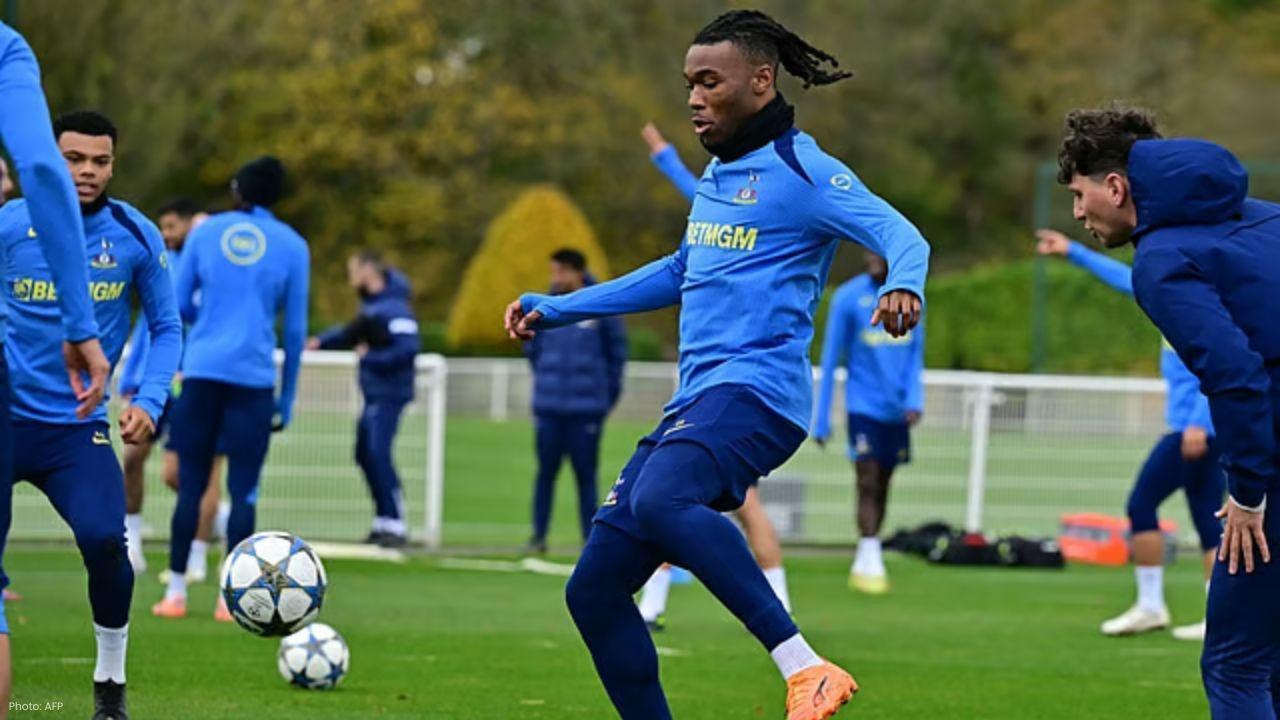



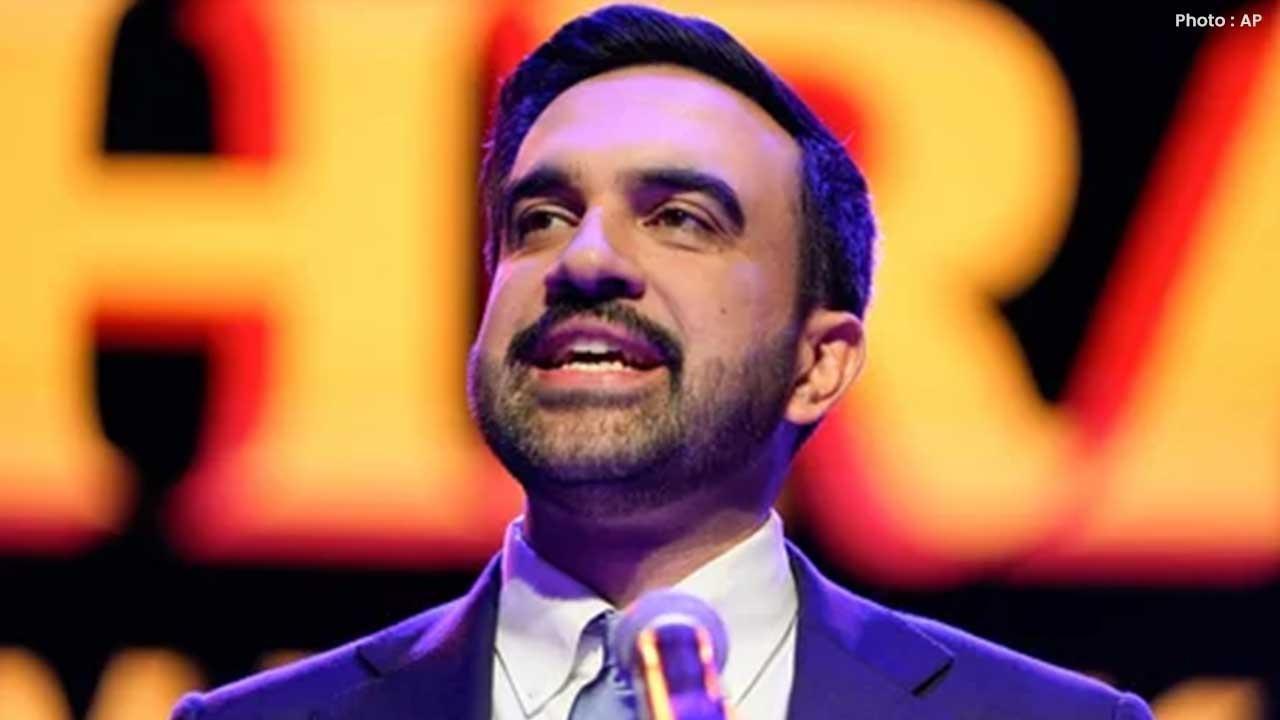
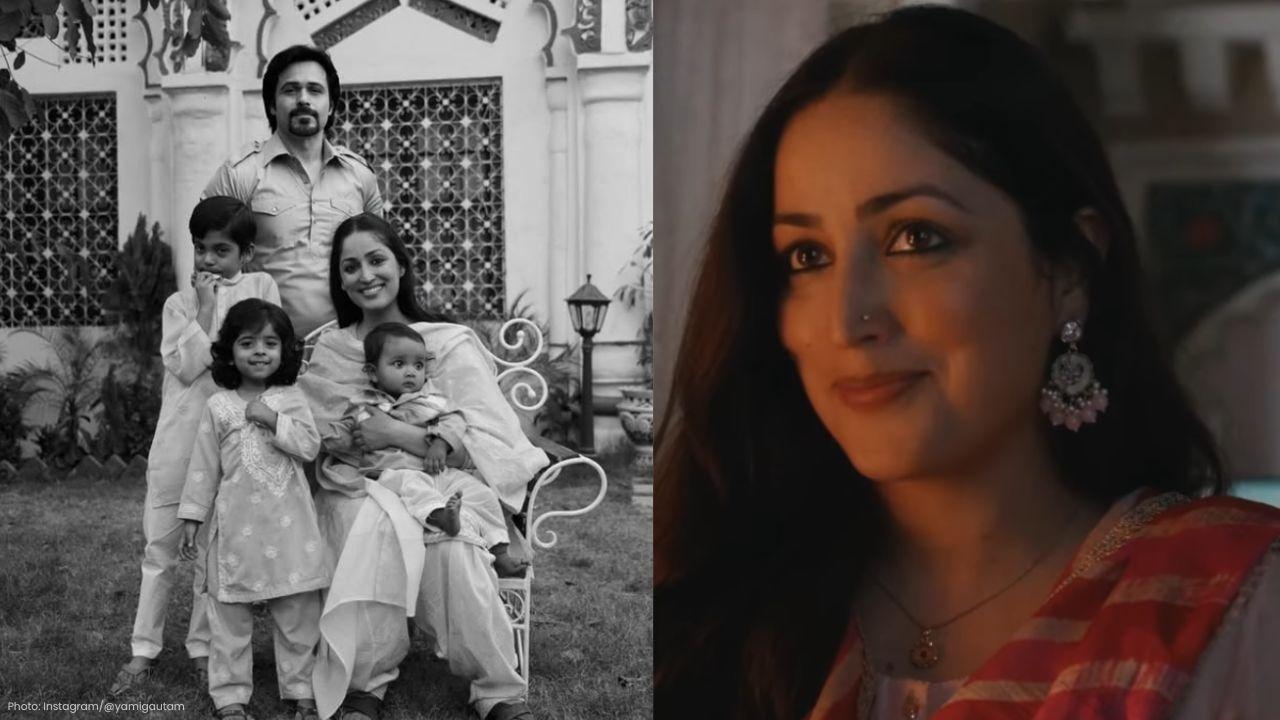


Zohran Mamdani Clinches NYC Mayoral Seat as Victory Speech Blends Politics and Bollywood
Zohran Mamdani won New York City's mayoral race, becoming the city's first Muslim and South Asian ma

India Wins First Women’s World Cup 2025 Title
India lifts its maiden Women’s World Cup 2025 title! Harmanpreet Kaur’s team stuns South Africa in a
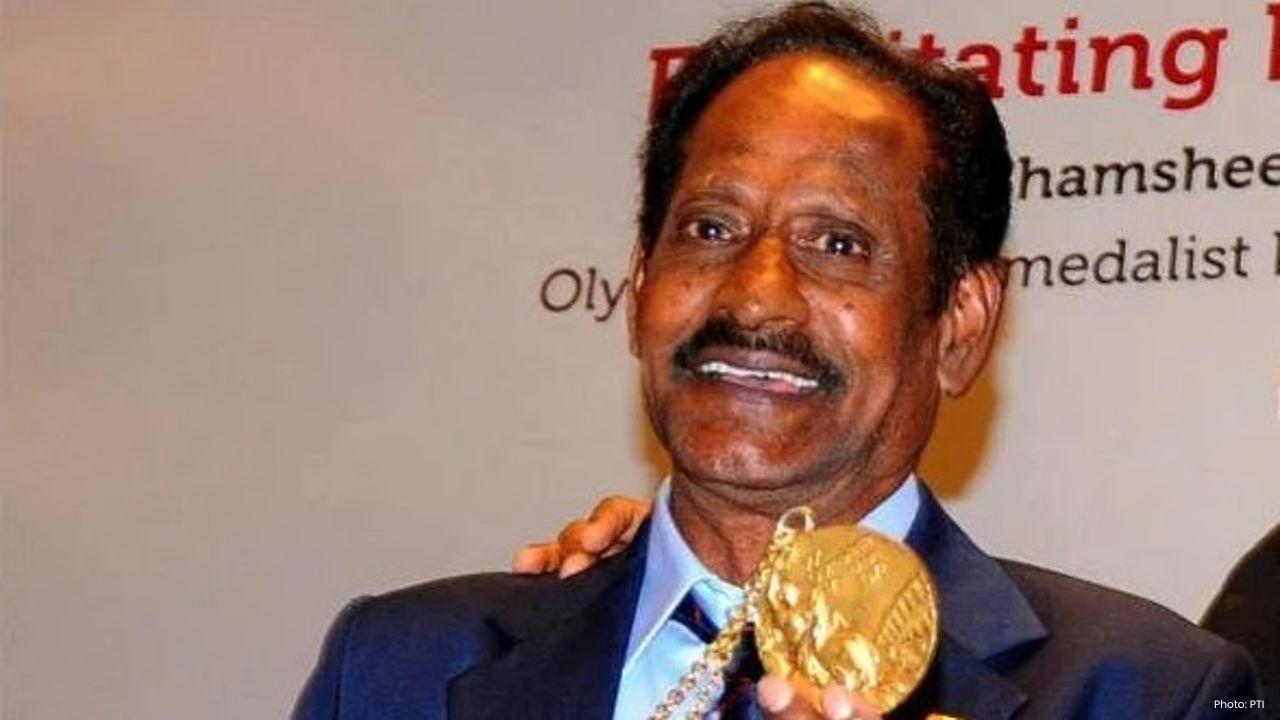
Manuel Frederick, 1972 Olympic Bronze Goalkeeper, Dies at 78
Manuel Frederick, a member of India’s 1972 Olympic bronze hockey team, has died in Bengaluru at 78 a

Muhammad Hamza Raja Wins IFBB Pro Card Puts Pakistan & UAE on Global Stage
Pakistani bodybuilder Muhammad Hamza Raja earns IFBB Pro Card in Czech Republic, showcasing Dubai’s
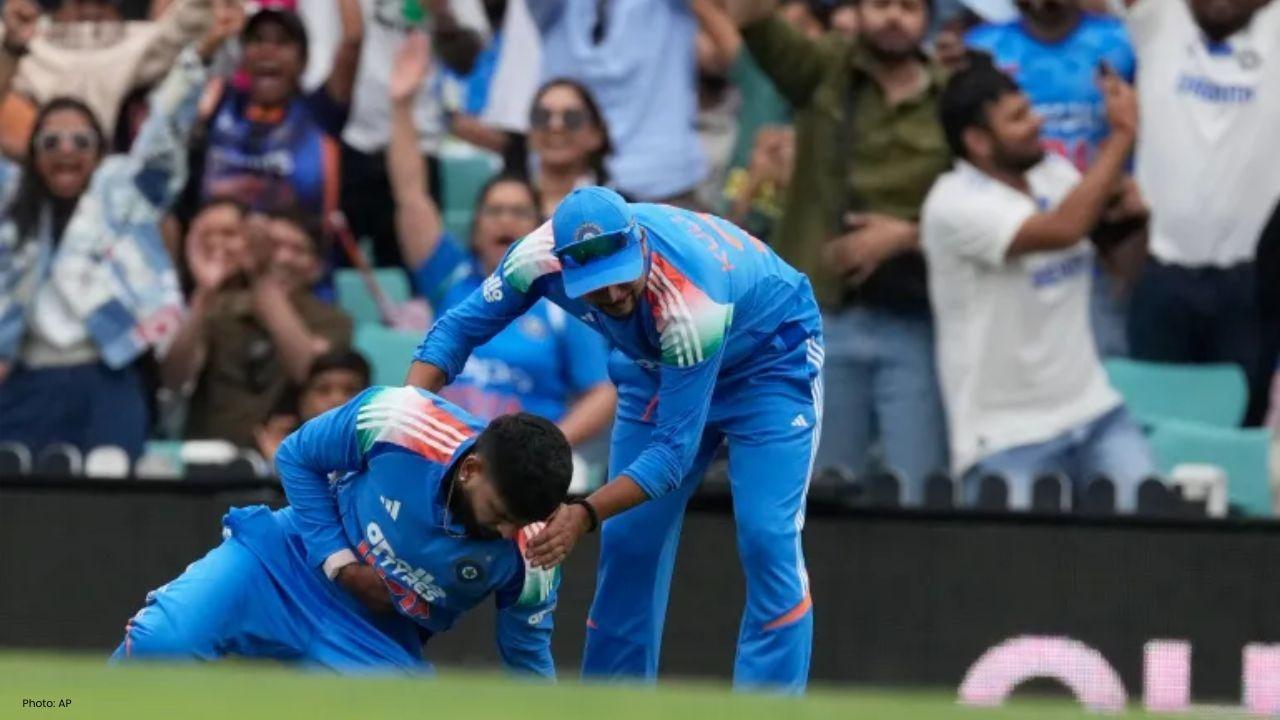
Shreyas Iyer’s Recovery Underway After Spleen Laceration in Sydney ODI
Shreyas Iyer is recovering after a spleen laceration sustained while taking a catch in the Sydney OD

Qatar Ready to Host FIFA U-17 World Cup 2025 in Aspire
Qatar confirms full readiness to host the FIFA U-17 World Cup 2025 from November 3–27, with world-cl